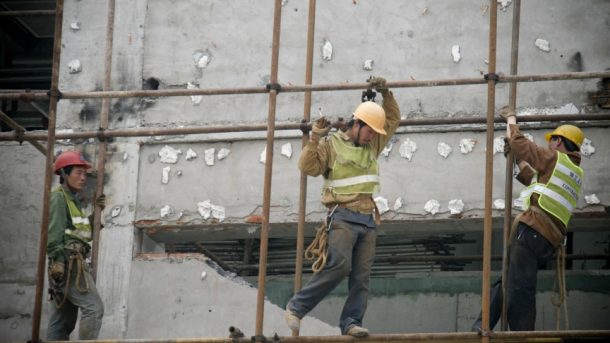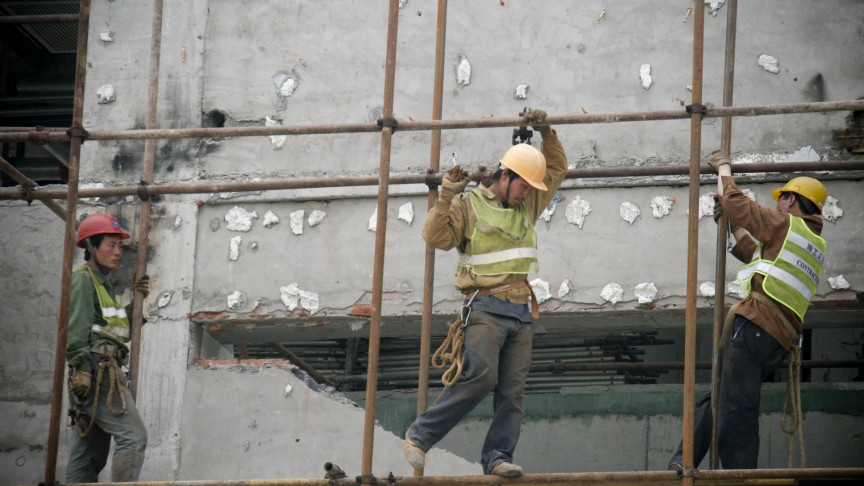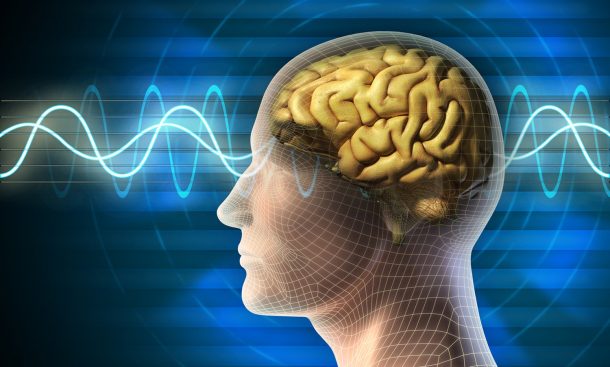The companies in China have started using brain sensors to monitor the emotions of their workers. Construction, Manufacturing and transportation companies in China require their workers to wear helmets during work. These helmets are fitted with brain sensors which are using AI to determine the emotions of the workers. Spokespeople for the scheme are saying that the system saves money by helping the workers and training them better. However, the critics are worried about the control that companies will get over their employees.
The device can easily fit onto the helmets of the workers which measures the brain activity. These waves can then be analyzed to look for changes in emotion. The spikes and dips in the brainwaves can be read as changes in emotions and feelings which are associated with panic, fatigue, and sadness. The devices are being used on workers who have high-stress jobs like high-speed train conducting and the electricians who work on main power stations. The sensor has the ability to measure if a worker is dozing off while working and sounds an alarm to make them more alert.

One of the officials who run the “emotional surveillance” program at the State Grid Zhejiang Electric Power said that the devices are essential to running an efficient business. The company’s profits have increased by $315 million since the devices are being used in 2014. There are more than a dozen companies in China who are making use of the technology which was developed by the government-funded brain surveillance project Neuro Cap. It was developed by the Ningbo University.

Jin Jia, a professor at Ningbo University said, “They thought we could read their mind. This caused some discomfort and resistance in the beginning. After a while, they got used to the device… They wore it all day at work.” As keeping the workers safe is employers responsibility, the monitoring also identifies the employees which the company assess are too stressed for work. The consequences of being stressed during work hours either asks the worker to take unpaid leaves or they get demoted or dismissed. There might be some workers who are unfairly dismissed or missed the paid work day because they were diagnosed wrongly.
Jia says, “When the system issues a warning, the manager asks the worker to take a day off or move to a less critical post. Some jobs require high concentration. There is no room for a mistake.” In China, there are no regulatory laws which define what an employer can monitor about their employees. Qiao Zhian, professor of management psychology at Beijing Normal University said, “The human mind should not be exploited for profit. There is no law or regulation to limit the use of this kind of equipment in China. The employer may have a strong incentive to use the technology for higher profit, and the employees are usually in too weak a position to say no.”



